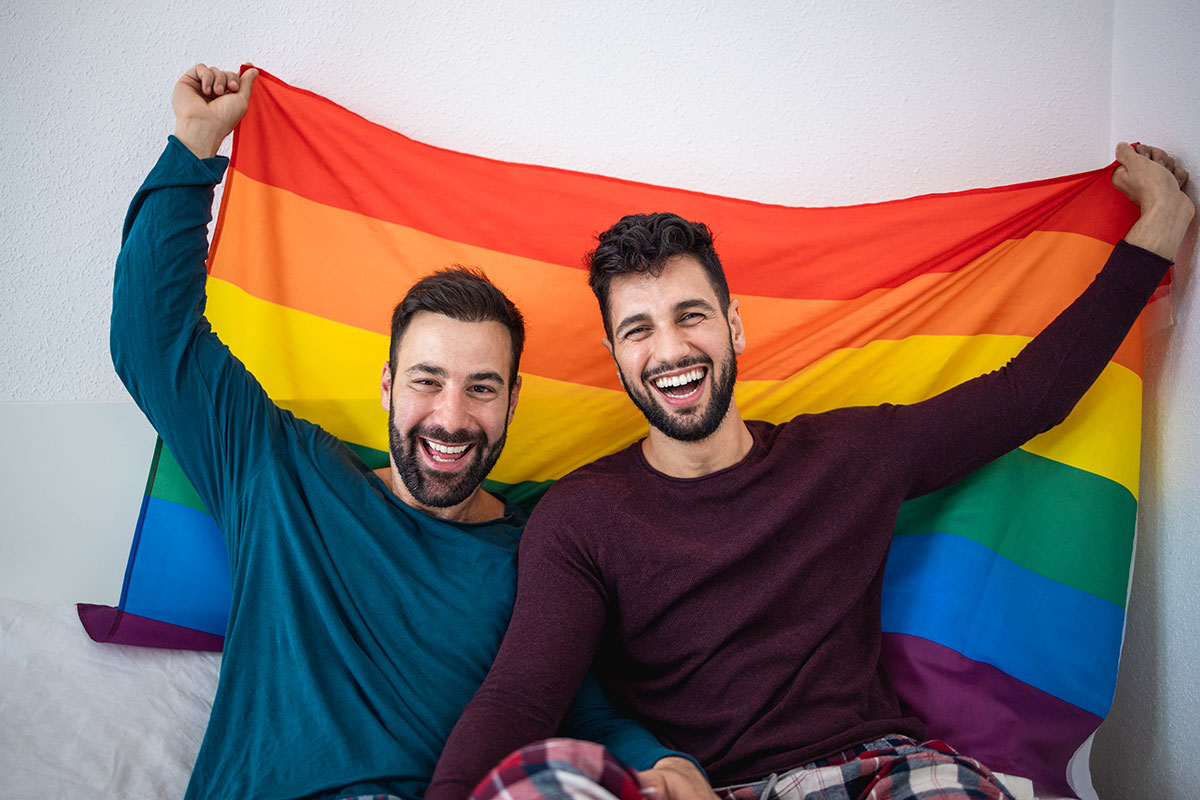Rainbow Connection
LGBTQ Resources
The LGBTQ community has long been marginalized and discriminated against. However, with the rise of the internet and social media, it has become more accessible for people to find resources and support. Here is a list of resources for the LGBTQ community. It’s important to understand that the struggle is real. By providing these resources, we hope to help the LGBTQ community find the support they need.🌈

Mental Health Resources to Support the LGBTQIA+ Community
LGBTQIA+ people often face discrimination that can make accessing and receiving mental health care more difficult. Healthcare workers may not understand their needs, and negative interactions can make it less likely that people will seek help when they need it. And with a staggering 650+ anti-LGBTQ+ bills introduced so far this year, both seeking and receiving help are a huge feat in themselves.
In a survey of more than 28,000 LGBTQ+ youth between the ages of 13 and 24 across the U.S., approximately 41% reported that they had seriously thought of attempting suicide in the past year. Such findings point to a need for psychological services that are designed to meet the needs of LGBTQIA+ people(verywellmind.com)
Online Resources
There are many online resources available for the LGBTQ community. Here are some of them:
- The GLAAD website provides a list of resources for the LGBTQ community, including political organizations, advocacy groups, and support services. (GLAAD)
- The Safe Zone Project is a free online resource for powerful, effect LGBTQ awareness and ally training workshops (TheSafeZoneProject.com)
- The National LGBT Resource Center offers six training modules that include video testimonials, quizzes, and helpful information on how to make long-term care more inclusive for older LGBTQ adults.
- The LGBTQIA Resource Center at UC Davis offers a plethora of resources to the LGBTQIA+ student body. Among the trans-specific resources offered are Gender Affirmation Closet Chest binders and Trans Tape Programs and workshops Library resources and student computers In-home HIV tests.
- The Trevor Project provides crisis intervention and suicide prevention services to LGBTQ youth. They also offer resources on sexual orientation, mental health, gender identity, community support, and more.
- Lambda Legal provides a list of resources for LGBTQ youth by state.
- CDC offers resources from the CDC, other government agencies, and community organizations for LGBTQ+ Youth, their friends, educators, parents, and family members to support positive environments.
- The Proud Trust offers helpful information covering a range of different things such as coming out, faith and religion, and staying safe.
- The Hub CT provides a list of resources for LGBTQIA+ individuals.
The Power of Nonprofits in Upholding the Community
LGBTQ nonprofits serve as vital support systems for individuals in need. They offer safe spaces, counseling, and mental health resources for those struggling with identity acceptance, discrimination, or feelings of isolation. These organizations provide a sense of community and belonging, connecting LGBTQ individuals with peers who share similar experiences. This network of support is particularly crucial for those in regions or families where acceptance is limited, offering a lifeline to those in distress.


